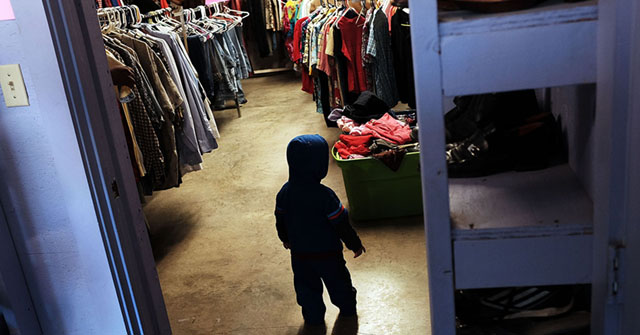Statement from the Peterson Foundation on the 2014 State of the Union Address

NEW YORK — Michael A. Peterson, President and COO of the Peter G. Peterson Foundation, commented this evening on the President’s annual State of the Union Address, remarks as prepared:
“While our economy is improving and near-term deficits have decreased, when it comes to addressing the key drivers of our long-term debt, our work is not nearly done. As the President stated, we can still do more to bring down our deficits, and we should,” Peterson said.
“We all agree with the President that we need a thriving economy to create opportunity for all Americans, and solving our debt problem is an essential part of building that future. In the near term, our unsustainable fiscal path reduces confidence and certainty, which are necessities for a more robust recovery. Over the long term, dangerously high debt levels threaten to crowd out the important private and public investments that are critical to a strong economy for the next generation. Economic opportunity and prosperity for all simply isn’t possible without addressing our long-term debt.”
Despite recent progress, our long-term debt remains on an unsustainable path. CBO projects that our federal debt will reach 100% of GDP — or 190% of GDP under a less optimistic scenario — over the next 25 years. CBO warns of “significant negative consequences for both the economy and the federal budget.”
Looking ahead, Americans understand the economic threat posed by our fiscal challenges, and want to see this issue at the top of the policy agenda for Congress and the President. The Peterson Foundation released a poll this morning finding that an overwhelming majority of voters (85%) want the President and Congress to spend more time addressing the national debt. While Americans view last month’s budget accord as a positive development, only 2% believe that the agreement successfully addressed the country’s long-term fiscal problems. Voters are widely disheartened that the plan does not go further in addressing the national debt, as nearly eight in ten (79%) agree that the debt remains on an unsustainable and dangerous path, despite the agreement. Concerns about the nation’s debt continue to fuel economic skepticism for many voters, as three-fourths (76%) maintain doubts about the economy because the budget agreement did not significantly reduce the debt. For full results click here.
Further Reading
Budget Basics: What Is the Child Tax Credit?
The CTC provides assistance to families with children, and while it represents a relatively modest part of overall government spending, it is one of the largest tax expenditures.
Budget Basics: Tax Expenditures
Tax expenditures can come in the form of exclusions, exemptions, deductions, and credits.
What Are the Economic Costs of Child Poverty?
Child poverty is higher in the United States than in other wealthy countries. Studies show that it has quantifiable economic costs.


